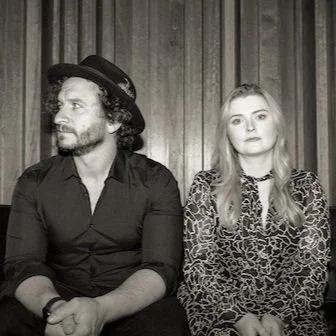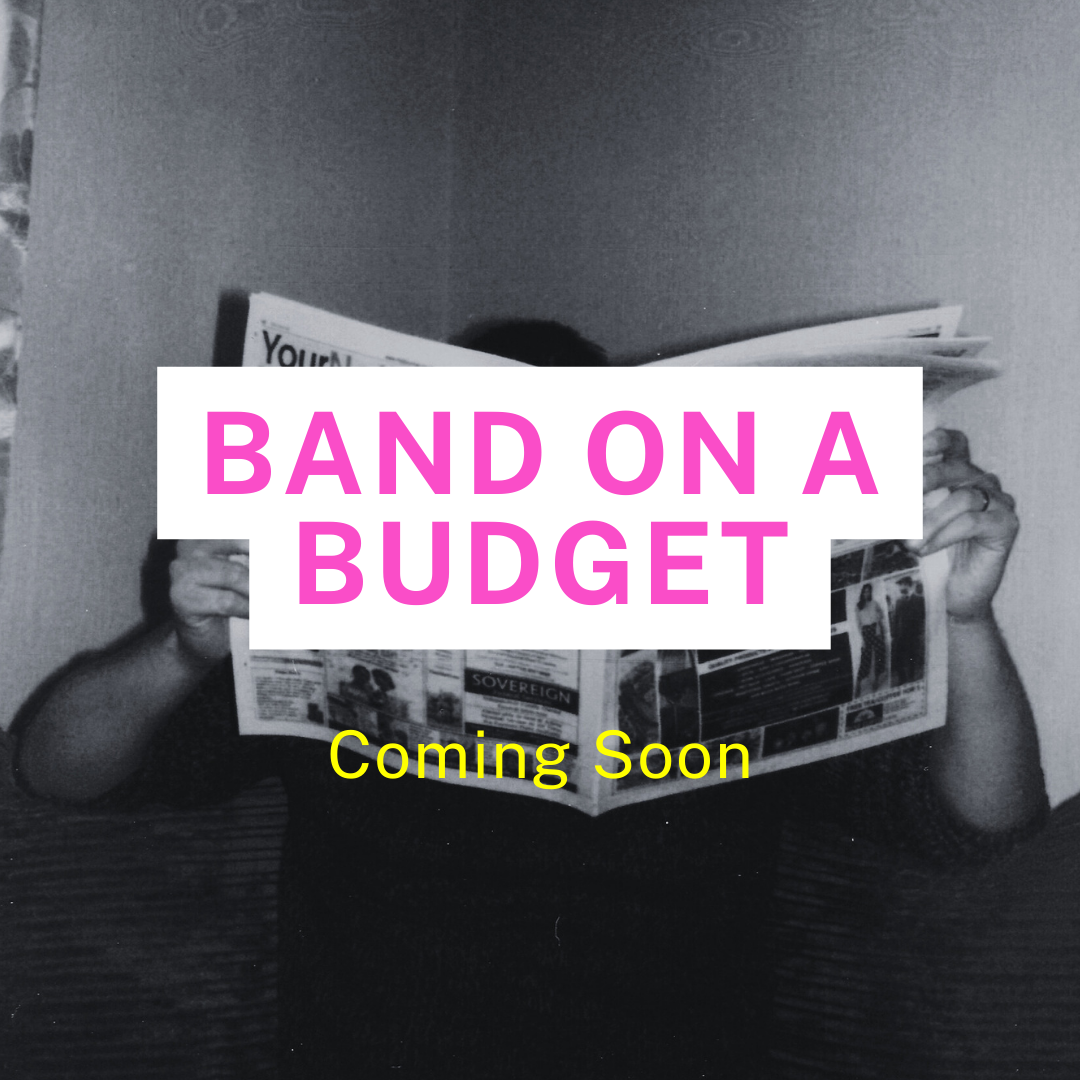WHAT IS PR?: Tackling PR as an independent music act
Staying independent is becoming a preferred status for many music artists.
Making, releasing, and performing music on your terms is an attractive structure, however, what may be sacrificed is your level of exposure and how fast you achieve it. This has nothing to do with your music – it’s simply a result of the fact that the bigger a team and the amount of money being pumped into a label, the quicker things get done and the easier high-up contacts are gained.
You can succeed as an independent artist – you will just have to do more research, networking, and outreach than a signed act. Some acts very much enjoy this business side of their craft, but to others, the idea of doing “PR” for themselves, is daunting.
Cobra Promotions will be three years old this August, and I have built my entire network and all of my knowledge, independently and from the ground up. I have so much more to learn, and to succeed in this industry, you have to be honest about that. However, having started my journey essentially from scratch, I do have a few insights to share. So let’s talk about PR!
What is PR?
PR stands for Public Relations, which is the practice of managing and sharing information to the public. It is basically just “publicity”, except publicity is generally external, unpredictable and cannot always be controlled by you (e.g. scandals), whereas PR is information you gather and disperse. Think of it like “planned publicity”.
PR is the medium in which music acts get into the media. Generally, if you hear a new single on the radio, see an interview on a magazine cover or read a review on a blog, that coverage has been secured via PR.
PR can be done by different teams or individuals: Some musicians do it themselves, some pay an independent publicist or press agency, or if they are signed to a label, the label may have their own publicist.
How does PR work?
Whether it’s an independent musician, a press agency or a label doing the press work, for simplicity I will call them “the publicist”.
In advance of a music release, the publicist will gather all assets related to the song/album and make a press release. A press release includes all of the information an outlet would need to write about/cover the music. For a full guide on how to build a press release, see my latest article.
The press release is sent to all contacts on their press list, or CRM (customer relationship management). This can include blogs, magazines, journalists, radio stations, podcast hosts, and more. If the outlet likes your release, hopefully that means they will cover it. They will use the information in your press release to make up their content, and they should let you know when it will be posted (usually on or around your release date).
That is ultimately how PR works – you are simply sharing the news of your upcoming release in the hopes of an outlet being interested in the story.
Where do I send my press release to?
Depending on your genre and possibly location, you should do research on blogs, magazines, radio stations, etc. Simple searches like “Top Irish & UK indie blogs” or “Hard rock radio stations USA” should help you find the right outlets to suit your style. Look for an email or contact page link and make a note of it. This is your press list, or CRM, so keep it organized and accessible (I recommend using Microsoft Excel). At this link, you can find some press directories I have made, to get you started.
Why do I need a press release / press list?
In today’s competitive music market and oversaturated media platforms, sharing your music to your socials and nowhere else, will only get you so far. In order to grow your following, build acclaim and get out there, you need to virtually be in as many places as possible. For example, I don’t know the nuts and bolts of how Spotify works, but I have heard that they like to see a strong internet presence of an artist and a new release, so they know that it is popular and will thus boost it around the streaming service more.
The more your release is covered across the web, the more likely someone will find it. You can certainly build a strong audience just through your socials, but you need to consider infiltrating the audiences of media platforms to keep momentum.
I don’t have much money to put towards PR – what do I do?
Though more and more outlets are turning to paid platforms to manage their submissions, there are still many outlets that will cover your music for free. Just because you don’t have a budget, doesn’t mean you can’t do PR for your release. If for example, a blog gets back to you and is willing to cover your release for a fee, you are under no obligation to accept the offer. You can politely reply back and state that you are grateful for their interest, however you do not have a budget at this time. On your press list, you can mark the outlet as a paid platform, but you can keep them there in case in future you can pay for coverage.
As mentioned, lots of outlets are using applications such as Submithub, Musosoup and Groover to manage their submissions (I myself use Groover). Though I completely understand that many acts are only in a position to accept free press coverage, it would be worthwhile if you even had a budget of €20 to put towards PR. Outlets on Musosoup and Groover offer reviews and other coverage for as little as €2, so it would be nice to get some guaranteed coverage from popular, verified outlets alongside any free coverage you may secure. Specifically, on Musosoup, once you pay for your campaign, the outlets come to you, so you can accept as much or as little coverage as you like. It is one of the safest options for paid coverage, and you are in control of what press you are getting, so definitely consider putting €10 or €20 euro towards this or a similar platform. On Groover, your submission also promises guaranteed feedback, even if the outlet does not cover your release.
I still love traditional, free PR, but many artists have fully moved to sites like Musosoup to save them from sending hundreds of emails. Consider putting a very small budget towards Musocoup/Groover, etc, but focusing on traditional email outreach for your first few campaigns.
Some more tips from me
Though it seems like I am strongly advocating paid promotion options in this article, I still firmly believe in traditional PR, so never neglect it.
There are always emerging journalists and start-up blogs that do their work purely for the love of it, so use them! Lots of outlets are firmly against the idea of paid coverage, whatever the cost, and I think this is only fair when an outlet is requesting an absurd amount of money for a playlist add or 100-word review. However, through the likes of Groover and Musosoup, it is good for outlets to receive a very small sum for their time to write a review. It is not particularly fair that some artists pump lots of money towards their production or studio sessions, but aren’t willing to pay a writer €2 for their time and work. I receive €1 for every Groover submission I accept, and it is nice that I can at least put this towards my website subscription.
Don’t brush off nitty-gritty PR either, which I would align with “community outreach”. There is a large amount of Facebook and Reddit groups dedicated to independent musicians, genre specific bands, playlists adds, and just about everything you can think of, so take some time to dig through either of these sites, and post a non-spammy message introducing yourself and your release. It won’t get you media coverage, but like I mentioned earlier, you need to infiltrate other audiences, and be (virtually) everywhere. Your name will be around the web, which will improve the relevance of content related to your act in a Google search.
You might scoff, but Facebook remains to be a powerful social in its own right. As a blog, my social media of focus would be Instagram, however, for lots of artists, Facebook seems to be the platform that they receive huge engagement from. Recently, one of my reviews for an independent artist received a great number of views because they had shared it to their very popular Facebook profile. That review remains my most popular article on the site, and Facebook as a social is actually the number one platform that drives traffic to Cobra Promotions.




The Belfast indie-rockers put their best foot forward, hoping to carve their own footprint in the Northern Irish scene.